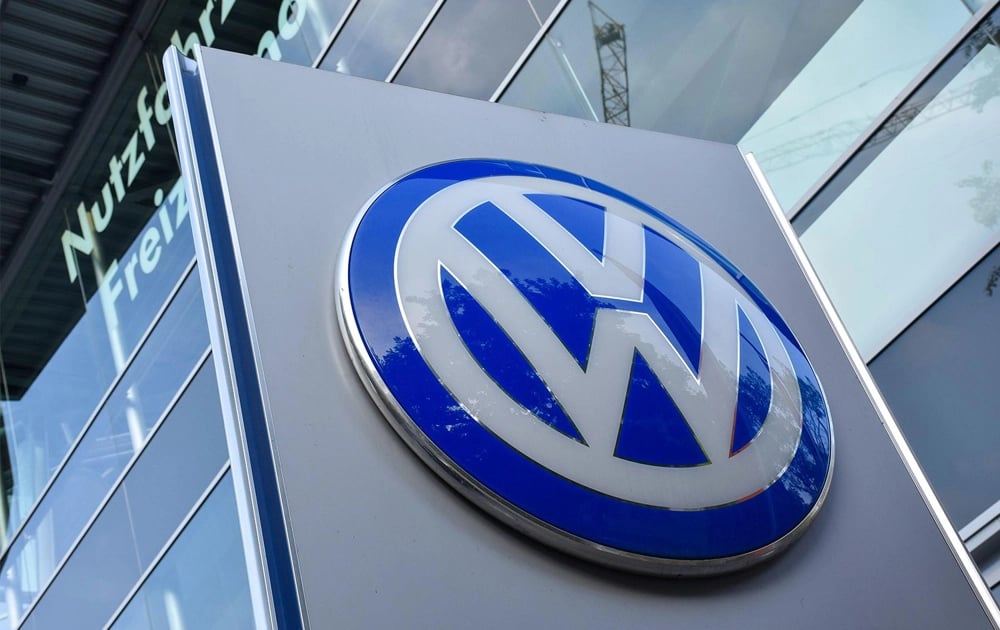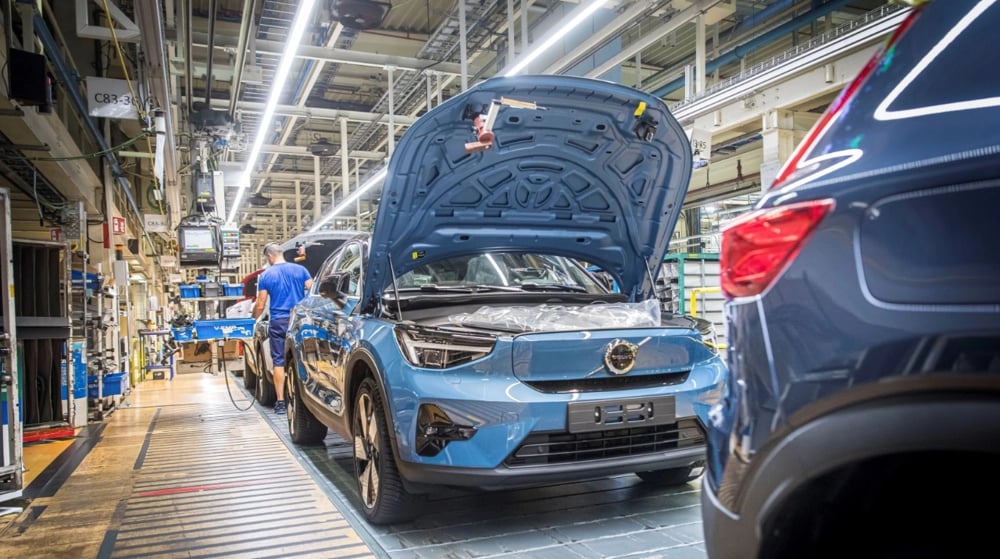European Car Sales Drop Amid Economic Uncertainty and Global Trade Tensions
New passenger car registrations in Europe slipped by 0.3% in April, amounting to 1.08 million vehicles, according to the European Automobile Manufacturers Association. Major markets such as Germany, France, and the United Kingdom all experienced contraction, driven by weak economic growth and lingering uncertainty caused by international trade tensions. Heightened caution among consumers resulted in a pullback from high-value purchases, further dampening sales.
Structural Weaknesses Facing the European Auto Market
The subdued domestic appetite for new vehicles adds to the headwinds confronting the region’s automakers. Persistent challenges abroad compound the situation—most notably, exposure to US automotive tariffs and fierce rivalry from Chinese manufacturers in the rapidly expanding electric vehicles (EV) segment. Notably, major industry players such as Volkswagen AG $VOW.DE, Volvo Car AB $VOLCAR-B.ST, and Mercedes-Benz Group AG $MBG.DE have responded to adverse market conditions by initiating significant cost-reduction strategies.

Shifts in Vehicle Preference and Powertrain Trends
Sales data for April reveals a marked divergence in demand for different vehicle types. Conventional petrol and diesel-powered models suffered the steepest declines, outweighing the moderate rise in alternative powertrains. Deliveries of fully electric vehicles surged by 28% year-on-year, yet battery electric cars still represent a smaller share of the market than some analysts forecasted. Hybrid vehicles also contributed positively, partially offsetting the downturn in traditional segments.
Key Factors Impacting the European Automotive Sector
Weakened economic growth across the Eurozone, deterring large-scale consumer purchases;
Heightened uncertainty linked to restrictive global trade policies and tariff threats, notably from the US;
Increasing competitive pressure from Chinese EV manufacturers, especially in the electric mobility segment;
Strategic cost-cutting initiatives by leading European auto manufacturers in response to margin squeeze;
Transitional challenges as the industry shifts from internal combustion engines to electric and hybrid models, with adoption rates lagging optimistic projections.

Medium-Term Outlook and Industry Implications
Despite growth in EV registrations, the slower-than-anticipated market share expansion for electrified vehicles points to persistent structural hurdles - ranging from infrastructure limitations to cautious consumer sentiment amid economic fragility. As global trade environments evolve and cost pressures mount, European car manufacturers face an imperative to accelerate adaptation while safeguarding profitability.















Comments